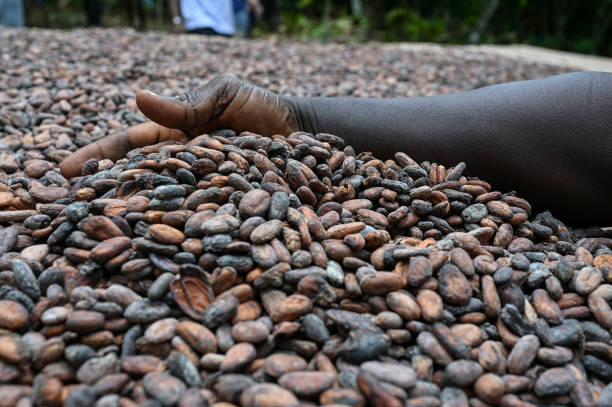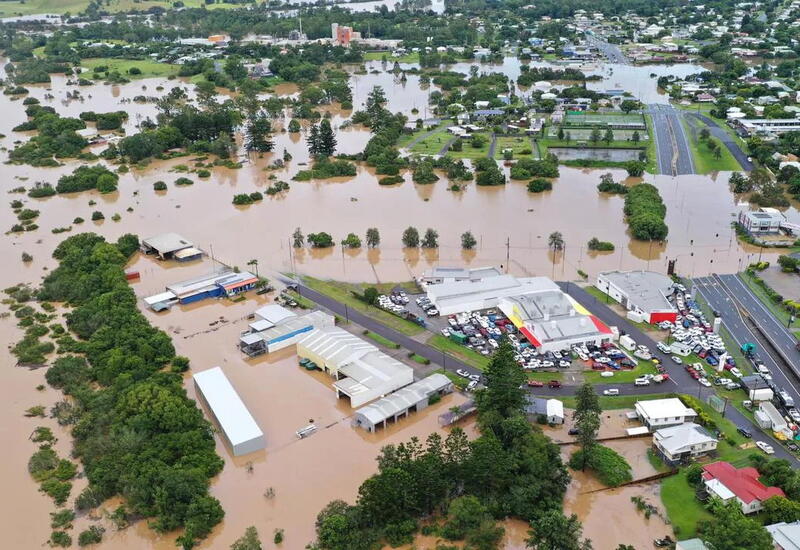Nigerian Fintech Fincra Obtains South African Payment License

Fincra, a payment infrastructure provider offering solutions for online and offline payments, has significantly expanded its regulatory footprint by securing a Third Party Payments Provider (TPPP) licence in South Africa. This strategic achievement, accomplished in collaboration with NedBank, strengthens Fincra's presence in Southern Africa and marks a key step in its mission to build the rails for an integrated Africa.
With the TPPP licence, Fincra is now officially authorised in South Africa to process a range of local payment methods, including credit card payments, debit card payments, EFT (Electronic Funds Transfer) credits, real-time clearing (RTC), and rapid payments. This development is more than a regulatory win; it enables Fincra to integrate directly with South Africa’s core payment systems and banks.
This direct integration offers substantial benefits for businesses utilizing Fincra's infrastructure, such as faster settlement times, greater reliability, and the assurance of full compliance with South Africa’s stringent financial regulatory standards. Clients, including e-commerce platforms, logistics providers, B2B marketplaces, and travel companies, can now leverage these enhanced capabilities for seamless and secure financial transactions.
Ayowole Ayodele, CEO and Co-Founder of Fincra, commented on the milestone, stating, “Securing the TPPP licence in South Africa is a significant step toward realising our mission to build the rails for an integrated Africa. It reinforces our commitment to building compliant, reliable infrastructure that powers cross-border trade at scale. We’re excited about the opportunities this opens for businesses across the continent.”
Founded in 2021 with a passion for solving payment challenges in Africa, Fincra provides API-driven infrastructure that allows various businesses, including remittance companies, e-commerce platforms, fintechs, and logistics providers, to collect payments globally and settle locally. Its services include payment collection, payouts, and access to FX and other financial services. Fincra's APIs also empower fintechs to build and scale cross-border payment solutions. The company serves a diverse client base from multiple industries, including financial institutions, FMCGs, e-commerce, logistics, manufacturing, and large corporations, with notable clients such as LemFi, Raenest, Verto, OneLiquidity, Cleva, and 1XBet.
Since 2023, Fincra has processed over $10 billion in transactions. The company also secured a Payment Service Solution Provider (PSSP) licence from Nigeria’s Central Bank in 2023. Fincra operates across several African countries including Ghana, Kenya, Nigeria, South Africa, and Uganda, and also has a presence in the United Kingdom, Europe, and North America, supporting transactions in over 30 different currencies across 150 countries.
This expansion in South Africa aligns with Fincra's broader strategy to support stablecoin and crypto-native companies operating across Africa. This focus was reinforced by the appointment of Emmanuel Babalola, former CEO of Bundle and ex-Binance Director for Africa, as Chief Commercial and Growth Officer in February 2025. Babalola stated, “My mission has always been to enable freedom and prosperity for Africa through technology. Fincra is at the forefront of building the payment infrastructure powering the next generation of businesses and entrepreneurs.”
Fincra’s infrastructure is particularly popular with crypto-native platforms that require compliant fiat-to-stablecoin on/off-ramps. It abstracts the complexity of fragmented African payment systems, making it easier for stablecoin startups and B2B platforms to access faster settlements and fully compliant local payment rails, which is critical for expanding financial services in high-friction markets like South Africa, Ghana, and Kenya.
In February 2025, Fincra launched the Afincran initiative, a movement designed to unite and empower innovators, entrepreneurs, and builders across Africa. This initiative followed a redefinition of Fincra’s mission to “Building the rails for an integrated Africa” and its vision “to bring hope and liberation to every African.” The Afincran movement aims to create a network of visionaries across diverse sectors, including payments, agriculture, healthcare, education, technology, arts, and sports, all working collaboratively to reshape Africa’s future.
While Fincra’s entry into South Africa places it in a competitive landscape with local fintech players like Ozow, Peach Payments, and Yoco, its sharper focus on cross-border transactions and support for crypto-backed businesses differentiates its offering. Babalola described the South African license as “a game-changer for businesses looking to expand or operate in the region” and “a strong signal of Fincra’s continued focus on enabling growth for our customers.”
As Africa’s digital financial ecosystem continues to evolve, Fincra is making a bold bet on the increasing need for robust, compliant, and flexible payment rails, especially for stablecoin platforms and other crypto-backed businesses. With strategic hires, significant regulatory wins like the South African TPPP licence, and a strong API suite, Fincra is increasingly positioning itself as the backend infrastructure powering Africa’s burgeoning stablecoin future and fostering continental progress through financial connectivity.
You may also like...
How Africa's Youth are Forging a New Era of Governance and Transparency

From the Arab Spring's echoes to recent social movements, a tech-savvy generation of young Africans is using digital too...
How Nollywood is Rewriting the African Narrative on a Global Stage
(16).jpeg)
Nollywood is evolving beyond stereotypes and reshaping the global perception of Africa. From cultural preservation to st...
Beyond Commodities: Africa's Quiet Economic Revolution

Africa is rapidly diversifying its economies beyond raw materials. Discover how innovation in manufacturing, services, a...
Are NGOs Doing More Harm Than Good in Africa?

This bold, critical essay explores how foreign aid, dependency, and donor-driven agendas are stalling true progress. Fro...
Bitter Harvest: Why West Africa’s Cocoa Output Is Falling

West Africa, led by Ivory Coast and Ghana, is facing a cocoa production crisis. These nations, once producing over 2 mil...
Behind The Scenes Series(Part 8): Sarz, The Accidental Architect of Afrobeats
.jpeg)
How much do you really know about the voice behind your favorite sound: "Sarz On the Beat"
Can Comedy Save Africa?

It is often said that laughter is the best medicine, but is that all it is?
Who Is To Blame For Floods in Nigeria?

From local government budgets to digital tools tracking public spending, explore the root causes of flooding in Nigeria—...
(9).jpeg)

